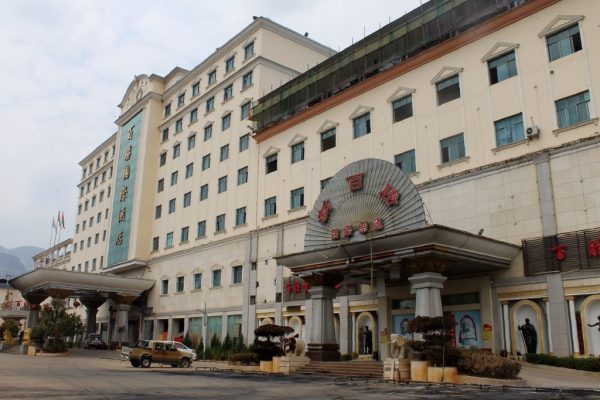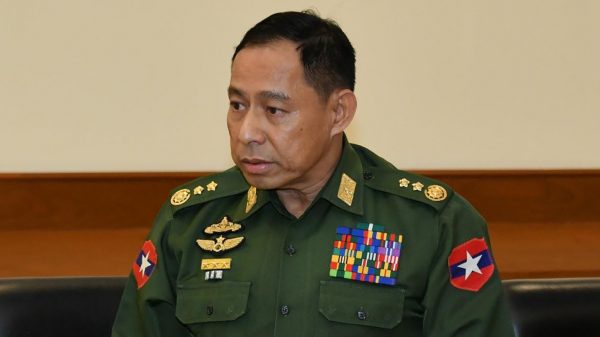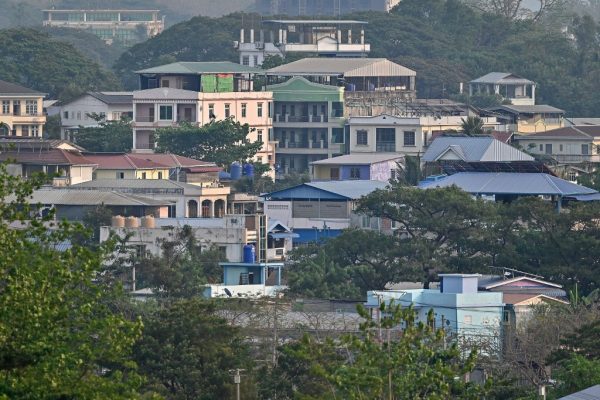Suu Kyi defends Myanmar’s handling of Rohingya crisis

SINGAPORE (Reuters) – Myanmar’s de facto leader Aung San Suu Kyi on Tuesday defended the steps her government has made in handling the Rohingya crisis, amid global criticism on the issue.
Ms Suu Kyi, who is State Counsellor, is in Singapore on a four-day working visit and used a rare public speech abroad to also urge investors to look to her fast-growing country, as she outlined what Myanmar had done to bring about peace and national reconciliation.
“We share deep sympathy and concern for all displaced persons, especially women and children,” she said, noting there were around four million Myanmar migrant workers and displaced persons in Thailand, and both countries were working to resolve the issue amicably.
“Similarly, we hope to work with Bangladesh to effect the voluntary, safe and dignified return of displaced persons from northern Rakhine,” she added at the 43rd Singapore Lecture organised by the ISEAS-Yusof Ishak Institute.
About 700,000 people from the Rohingya Muslim minority have fled to neighbouring Bangladesh since last August following an army crackdown that the United Nations said amounted to “ethnic cleansing”.
In her 30-minute speech, Ms Suu Kyi was reticent about accepting criticism, pointing out that “the outside world can choose the issues on which they wish to focus” and blaming terrorism as the root cause of conflict.
“The danger of terrorist activities, which was the initial cause of events leading to the humanitarian crisis in Rakhine, remains real and present today,” she said. “Unless this security challenge is addressed, the risk of inter-communal violence will remain. It is a threat that could have grave consequences not just for Myanmar but also for other countries in our region and beyond.”
Addressing destabilising issues in Rakhine state is a fundamental part of building peace and stability in Myanmar, and an essential task on its rocky road of transition from military rule to democracy, she added.
Ms Suu Kyi, whose National League for Democracy won the 2015 general election by a landslide, noted the government had formed a committee to ensure rule of law and development in Rakhine soon after taking power. It had also approached former UN secretary-general Kofi Annan – who died last Saturday – to head an advisory commission to help find lasting solutions.
Myanmar has implemented 81 out of its 88 recommendations, she said, but “the challenges are multi-faceted and require multi-tasking”.
She said ASEAN and other friends can help it in the implementation of proposals in areas such as strengthening rule of law as well as education and health infrastructure.
As for the resettlement of refugees now in Bangladesh , this has to be effected through the implementation of a pact both sides signed last November, she said.
Ms Suu Kyi said potential resettlement sites have been mapped out, and Myanmar was ready to receive Rohingya returnees since Jan 23.
But Bangladesh will have to decide how quickly it wants the process to be completed, she added.






